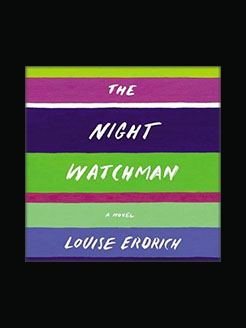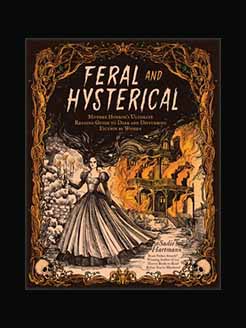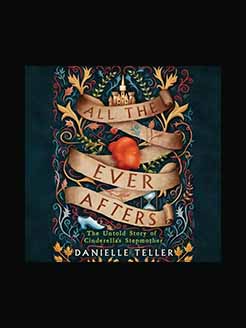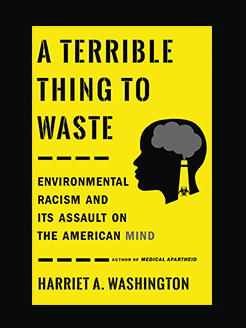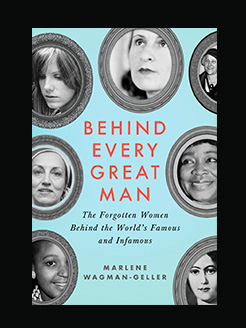Published in 2025
305 pages
9 hours and 24 minutes
Rhiannon Garth Jones is a medieval historian who works with material culture and textual sources to think about how people used the past to define their own identity and project power. She specialises in the impact of ancient Rome on cultures, empires, and religions up to the present day. Her PhD explored the Abbasid visual language of power and the caliphs’ relationship with Rome during the so-called “Golden Age” of Islam, offering new insights on the development of art and architecture in this pivotal period. She has also written about the historic role of poetry and sport in the modern Arabian Gulf, the religious reception of Sheba and Solomon myths, early 20th century archaeology and its museum legacy, early Islamic ideas of Rome, and more.
What is this book about?
Rhiannon Garth-Jones explores Rome’s enduring legacy through three core themes: religion, empire, and culture. Each chapter examines how Rome’s history, governance, and mythology have been reimagined throughout centuries, and how these interpretations continue to shape our modern world.
Rome is not merely a city—it’s an enduring idea, a symbol of identity, power, and legitimacy that has shaped the course of history for over 1,500 years. This book embarks on an exploration of how the concept of Rome has been invoked by emperors, modern governments, religious leaders, and even pop culture icons, all using it to assert authority and influence society. Each chapter explores how Rome’s history, governance, and mythology have been reimagined throughout centuries, and how these interpretations continue to shape our modern world. By delving into Rome’s influence, readers gain a deeper understanding of the forces shaping today’s global landscape.
For listeners of all things Roman, e.g. Emperors of Rome by Mary Beard, Rubicon, Dynasty and Pax by Tom Holland as well as The West: A New History of Old Idea by Naoise MacSweeney and The Map of Knowledge by Violet Moller.


